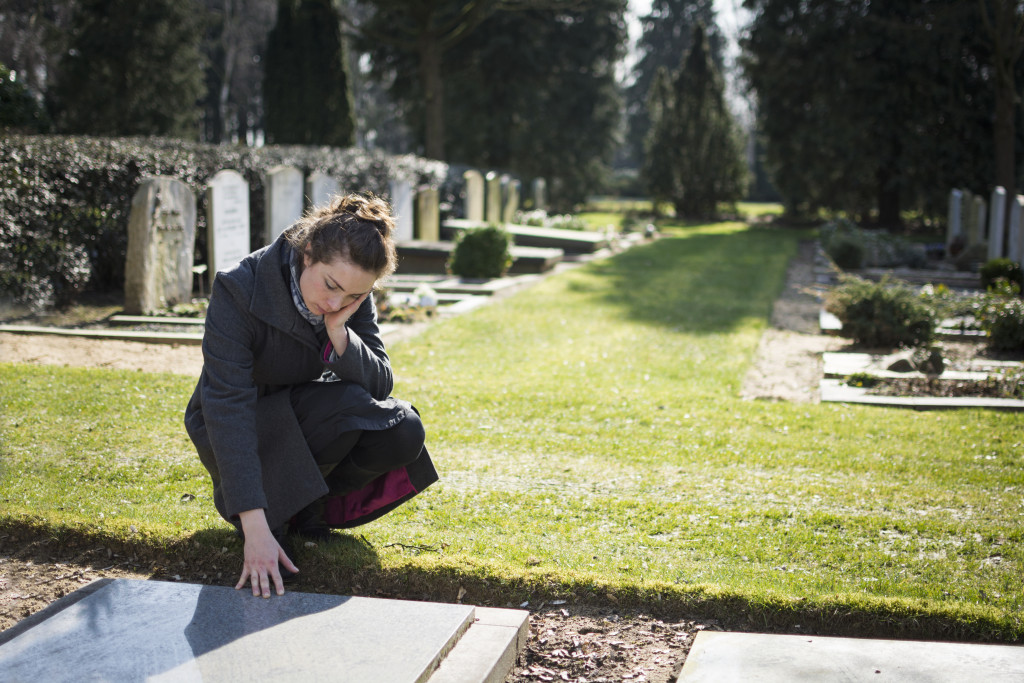If you’re reading this, you or someone you love is likely facing a terminal illness. This is a challenging situation, and feeling lost and overwhelmed is natural. What do you do? Where do you even begin?
This blog post will give you an overview of what to expect when caring for a terminally ill loved one. We’ll cover the practicalities of day-to-day care and some of the more emotional aspects of this journey. No two situations are alike, but we hope this post will provide some helpful guidance.
1. Preparing for the Practicalities of Caregiving
When someone you love is terminally ill, your entire world can be turned upside down. You might have to miss work or put your career on hold indefinitely. You might need to move in with your loved one or make other significant changes to your lifestyle. It’s essential to be prepared for these practical changes, both logistically and emotionally. Here are a few things to keep in mind:
You might need to miss work or put your career on hold indefinitely. This can be a significant financial strain, so it’s essential to plan ahead as much as possible. Make sure you have enough to cover your living expenses for at least a few months, if not longer. You should also see if your employer offers any paid leave for caregivers and look into disability benefits that may be available.
You might need to move in with your loved one or make other significant changes to your lifestyle. If you do end up moving in with your loved one, try to maintain some sense of normalcy by setting up a dedicated workspace and keeping up with your hobbies and social life as best you can. If possible, alternate caregiving duties with other family members or friends so you can take breaks and recharge every once in a while.
To make the whole thing a bit easier for you and your loved one, investing in a few things that can help you care for them at home would also be ideal. This might include an adjustable hospital bed, a wheelchair, or other medical equipment. You can often find hospital beds for sale near you, so be sure to shop around and compare prices before making a purchase.
2. Dealing with the Emotional Challenges of Caregiving
Caring for a terminally ill loved one is an emotionally demanding task. It can be challenging to watch someone suffer and know that there’s nothing you can do to make it all better. Guilt, sadness, anger, frustration, anxiety—all of these emotions are normal and valid (and you’re certainly not alone in feeling them). Here are a few tips for dealing with the emotional challenges of caregiving:
Talk about your feelings with other people who are going through similar situations—it can be helpful to know that you’re not alone. Join a support group for caregivers of terminally ill loved ones—this can provide some much-needed emotional support from people who understand what you’re going through.
Make time for yourself—don’t forget to schedule some “me” time every week, even if it’s just an hour or two. Use this time however you see fit—take a long bath, go for a walk in nature, read your favorite book—whatever helps you relax and recharge.
3. When your Loved One Passes Away
Losing somebody we love is never easy—but when that loss is caused by a terminal illness, it can be tough to cope with. Grief is a natural and necessary process following any death. Still, it can often be complicated by feelings of guilt or self-blame (Did I do everything I could have done? Could I have done more?). It’s essential to be patient with yourself during this time and allow yourself ample time to grieve in whatever way works best for you. Here are a few resources that may be helpful:
- The Grief Recovery Handbook by John James and Russel Friedman
- On Grief and Grieving by Elizabeth Kubler-Ross and David Kessler
- The Long Goodbye by Meghan O’Rourke
People grieve in different ways. Some people find it helpful to talk about their feelings, while others prefer to keep them bottled up. Some people find solace in their faith or nature, while others might find comfort in writing or art. There is no “right” or “wrong” way to grieve—the most important thing is that you allow yourself the time and space to do it in whatever way works best for you.
Final thoughts
Losing someone we love is always tricky, but when that loss is caused by a terminal illness, it can be especially hard to cope with. In this blog post, we’ve tried to provide an overview of what to expect when caring for a terminally ill loved one—from the practicalities of day-to-day caregiving to the emotional challenges involved. No two situations are exactly alike, but we hope that this post has provided some helpful guidance nonetheless.

